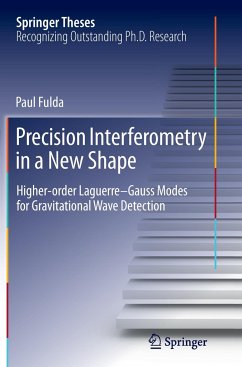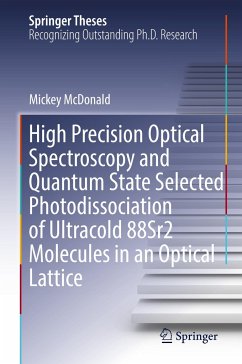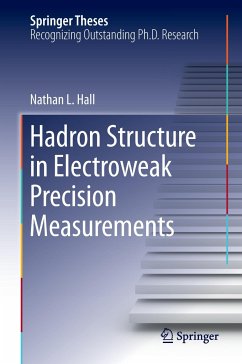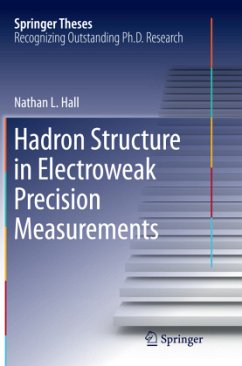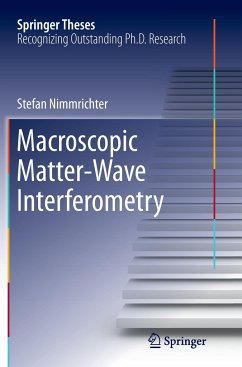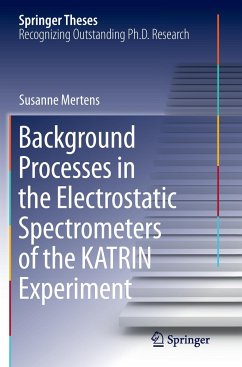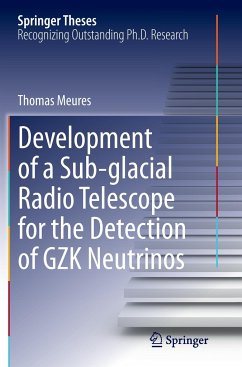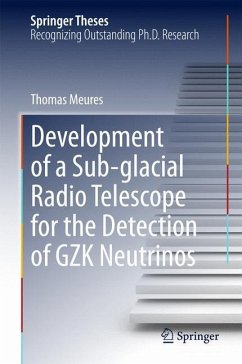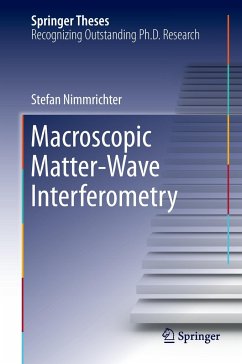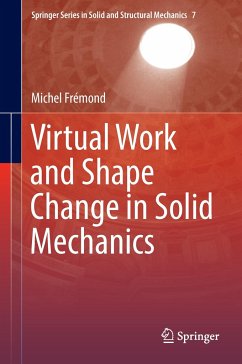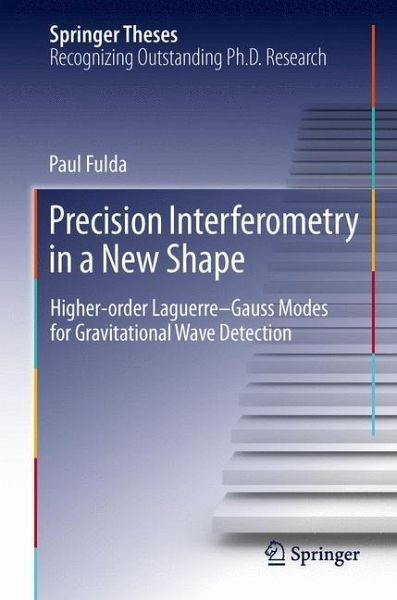
Precision Interferometry in a New Shape
Higher-order Laguerre-Gauss Modes for Gravitational Wave Detection
Versandkostenfrei!
Versandfertig in 6-10 Tagen
76,99 €
inkl. MwSt.
Weitere Ausgaben:

PAYBACK Punkte
38 °P sammeln!
With his Ph.D. thesis, presented here in the format of a "Springer Theses", Paul Fulda won the 2012 GWIC thesis prize awarded by the Gravitational Wave International Committee. The impact of thermal noise on future gravitational wave detectors depends on the size and shape of the interrogating laser beam. It had been known since 2006 that, in theory, higher-order Laguerre-Gauss modes could reduce thermal noise. Paul Fulda's research brings Laguerre-Gauss modes an enormous step forward. His work includes analytical, numerical and experimental work on table-top setups as well as experiments at t...
With his Ph.D. thesis, presented here in the format of a "Springer Theses", Paul Fulda won the 2012 GWIC thesis prize awarded by the Gravitational Wave International Committee. The impact of thermal noise on future gravitational wave detectors depends on the size and shape of the interrogating laser beam. It had been known since 2006 that, in theory, higher-order Laguerre-Gauss modes could reduce thermal noise. Paul Fulda's research brings Laguerre-Gauss modes an enormous step forward. His work includes analytical, numerical and experimental work on table-top setups as well as experiments at the Glasgow 10m prototype interferometer. Using numerical simulations the LG33 mode was selected as the optical mode to be tested. Further research by Paul and his colleagues since then concentrated on this mode. Paul has developed and demonstrated simple and effective methods to create this mode with diffractive optics and successfully demonstrated its compatibility with the essential building blocks of gravitational wave detectors, namely, optical cavities, Michelson interferometers and opto-electronic sensing and control systems. Through this work, Laguerre-Gauss modes for interferometers have been transformed from an essentially unknown entity to a well understood option with an experimental basis.





